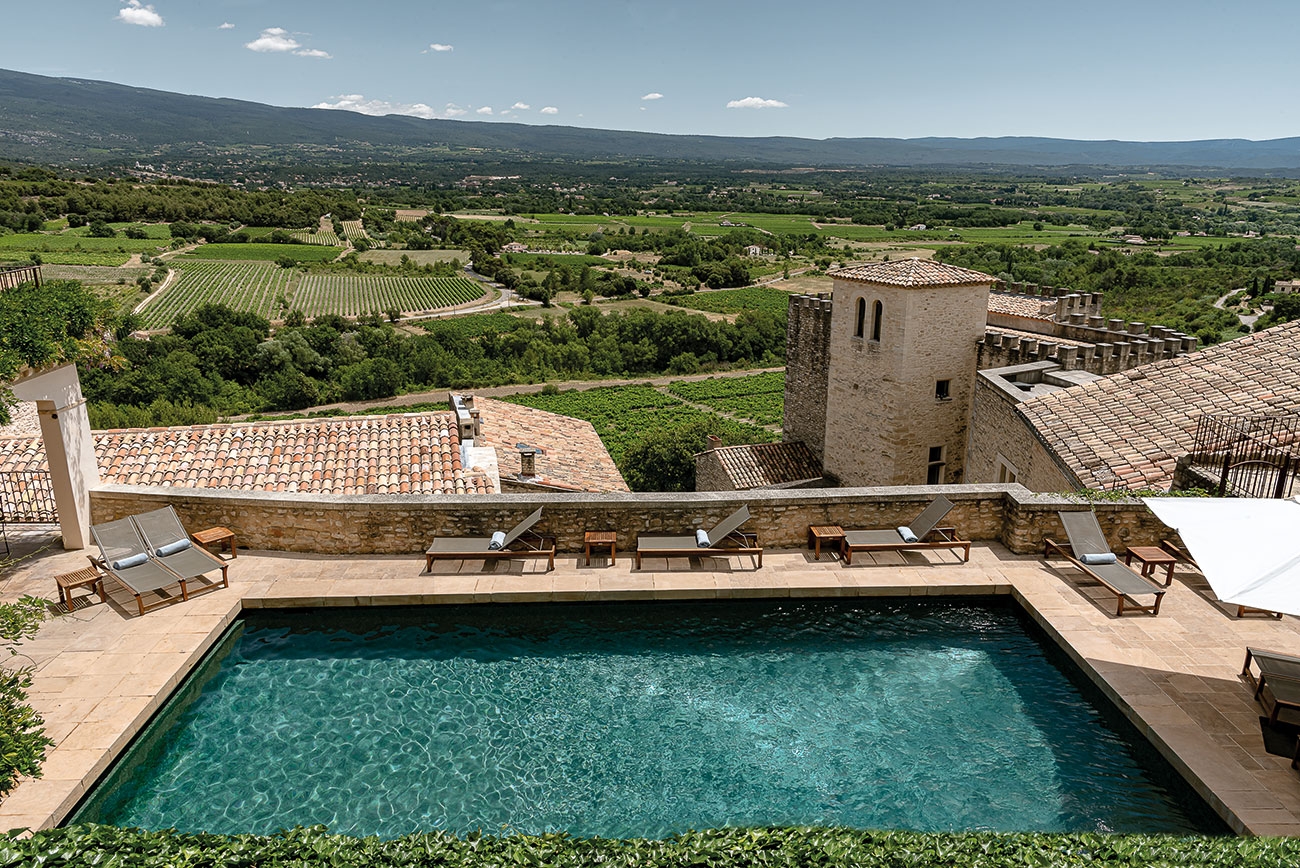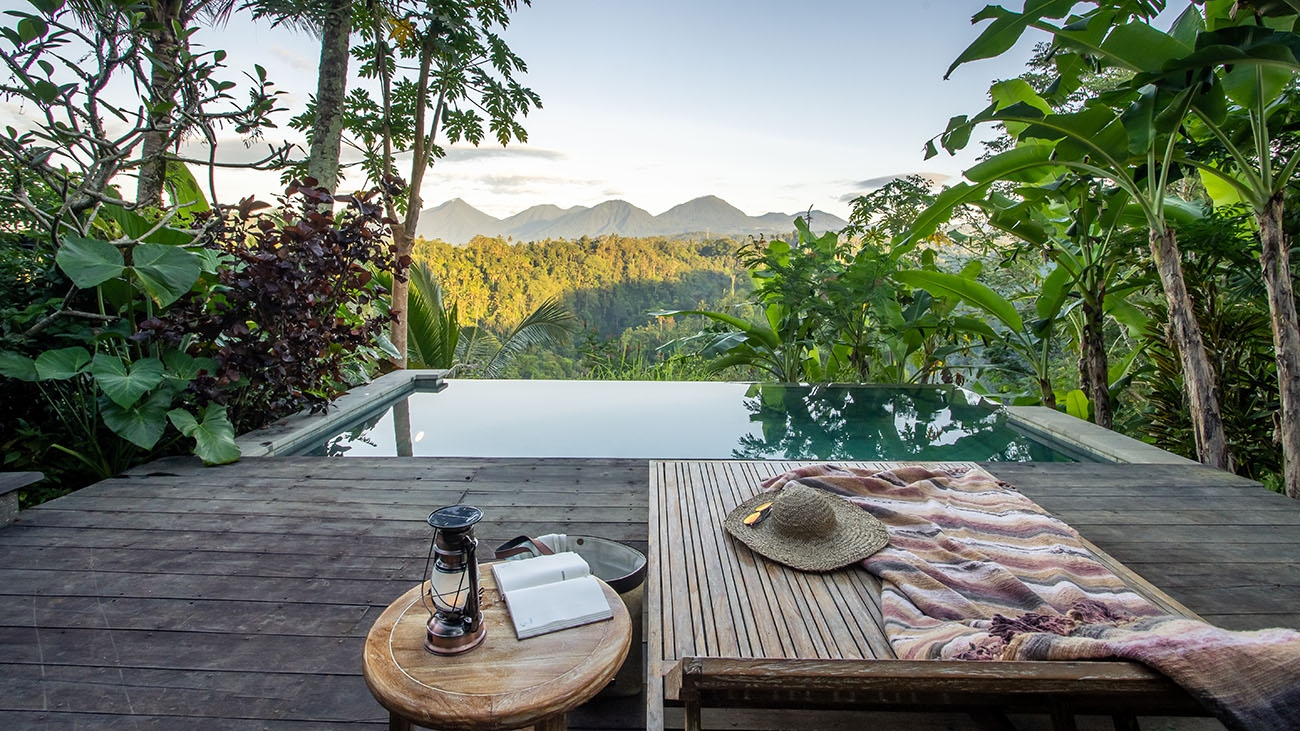In Focus: The appeal of boutique hotels
Boutique hotels have long been a mainstay of the luxury travel sector. Petite in nature, they offer an appealing mix of privacy, intimacy and personalised service; all increasingly sought-after factors for affluent travellers.
But, as the coronavirus pandemic took hold last year, the boutique hotel model looked under threat. Without the backing of corporate hotel chains, and amid mass shut-downs and cancellations, many feared they might not survive.
Far from crumbling, the majority of boutique hotels have managed to find innovative ways to thrive, and, as the world emerges from one of the worst crises in modern times, they look well set to lead the revival of luxury travel.
Rising demand
Companies such as Relais & Châteaux, whose very concept is built on the boutique hotel model, are seeing an uplift in interest, particularly within the domestic market. General manager Anthony Torkington says: “2021 has already surpassed 2019 in terms of bookings, so there’s a definite desire for more intimate hotel experiences that offer ample space both inside and out.”
In Switzerland, chocolate-box chalet Ultima Gstaad, home to just 11 suites and six residences, reported a 677% increase in bookings in March and April this year compared with the same period in 2020. The property has even had to extend its 2021 season to accommodate the influx of interest.
Boutique hotels are also proving the favoured stay of choice in Sri Lanka. The Sri Lanka Collection’s Manor House Concepts reported a “significant increase in enquiries” across its four properties (including flagship The Kandy House), while Santani Wellness Resort & Spa said overall occupancy for March and April was up 24% and 27% respectively, compared to around 5% for other hotels. “I’ve spoken to many UK tour operators and travel agents over the last year and there’s definitely a belief that clients will be more attracted to the idea of staying in smaller hotels as a result of Covid-19,” says Eleanor Milner, director of The Sri Lanka Collection. “The interest in this type of high-end boutique hotel continues to grow.”
Even larger hotel brands are witnessing the trend. At Nobu Hospitality, it’s 16-room Nobu Ryokan Malibu that is stealing the show. “The concept of privacy and personal space is more prevalent than ever, and we have continued to see a surge in enquiries for Nobu Ryokan throughout the pandemic, owing to its special location and small number of accommodations,” says Rachael Palumbo, vice-president of sales and marketing.
Survival of the fittest
Like ‘unprecedented’ and ‘pent-up demand’, ‘pivot’ has become an all-too-familiar phrase of the pandemic. But it’s an accurate way to describe how boutique hotels have survived in the past 18 months, with many looking at alternative ways to retain staff, break even and preserve their business for future travel.
Luxury Lodges of Australia property Lake House in Victoria – one of the states hardest hit by tough lockdown restrictions – created jobs at its neighbouring regenerative farm to retain valued members of staff.
Others have introduced new programmes and experiences to coincide with their reopening. Family-run boutique hotel group Maisons Pariente introduced a new spa partnership at its 34-room Lou Pinet property in St Tropez, and a new chef and experiences at its sister hotel Crillon Le Brave in Provence.
Many hotels also used last year’s downtime to give themselves a facelift. The 53-suite Saxon Hotel in Johannesburg – where Nelson Mandela stayed in its former incarnation as a private home – updated its reception area, cigar library, restaurant and bar, while Villa Lena, the rural hotel and artists’ residency high up in the Tuscan hills, added six en suite bedrooms and a new restaurant.
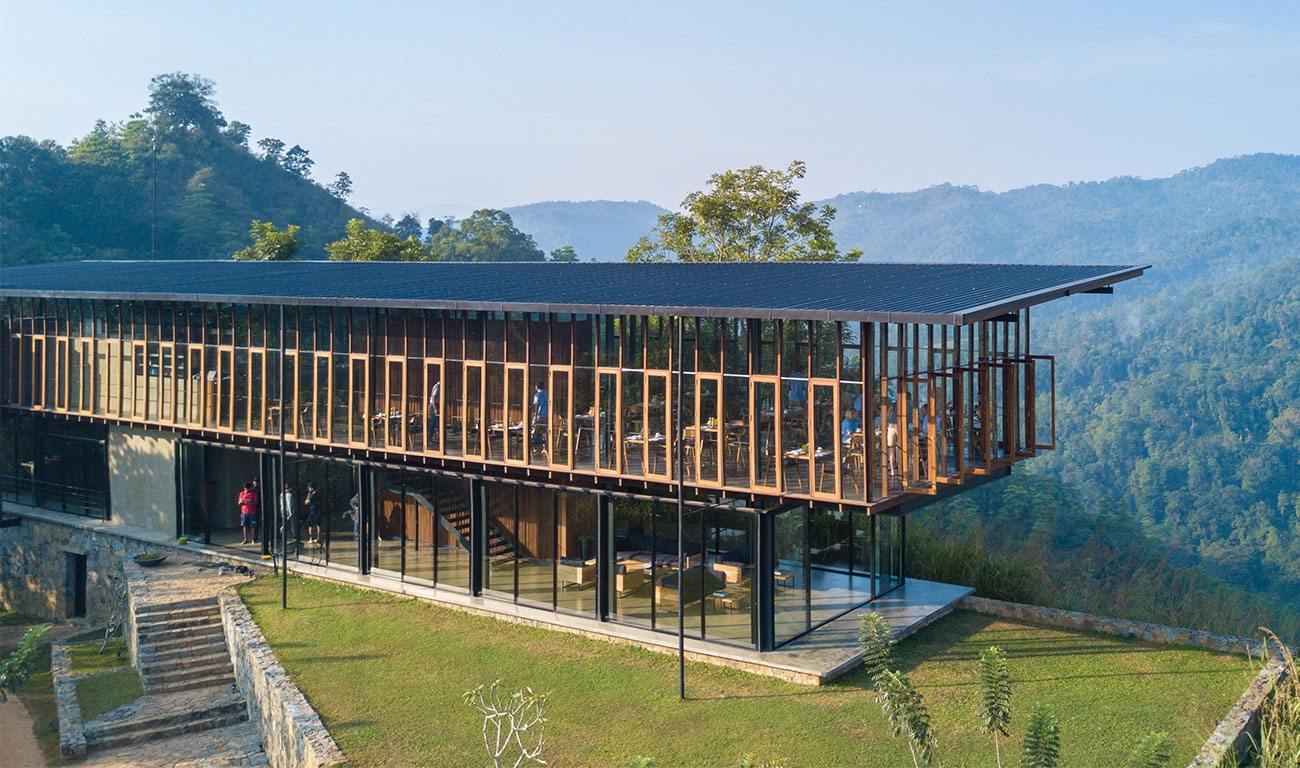
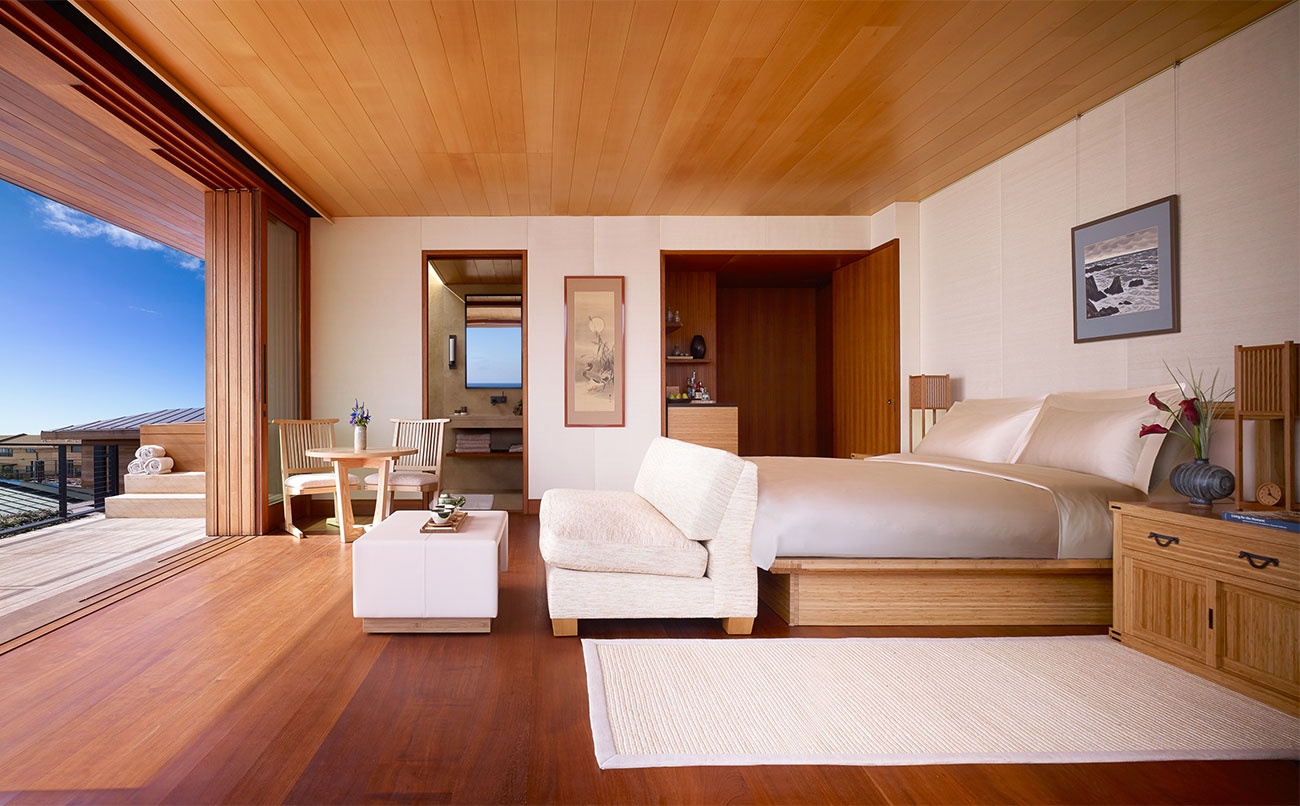
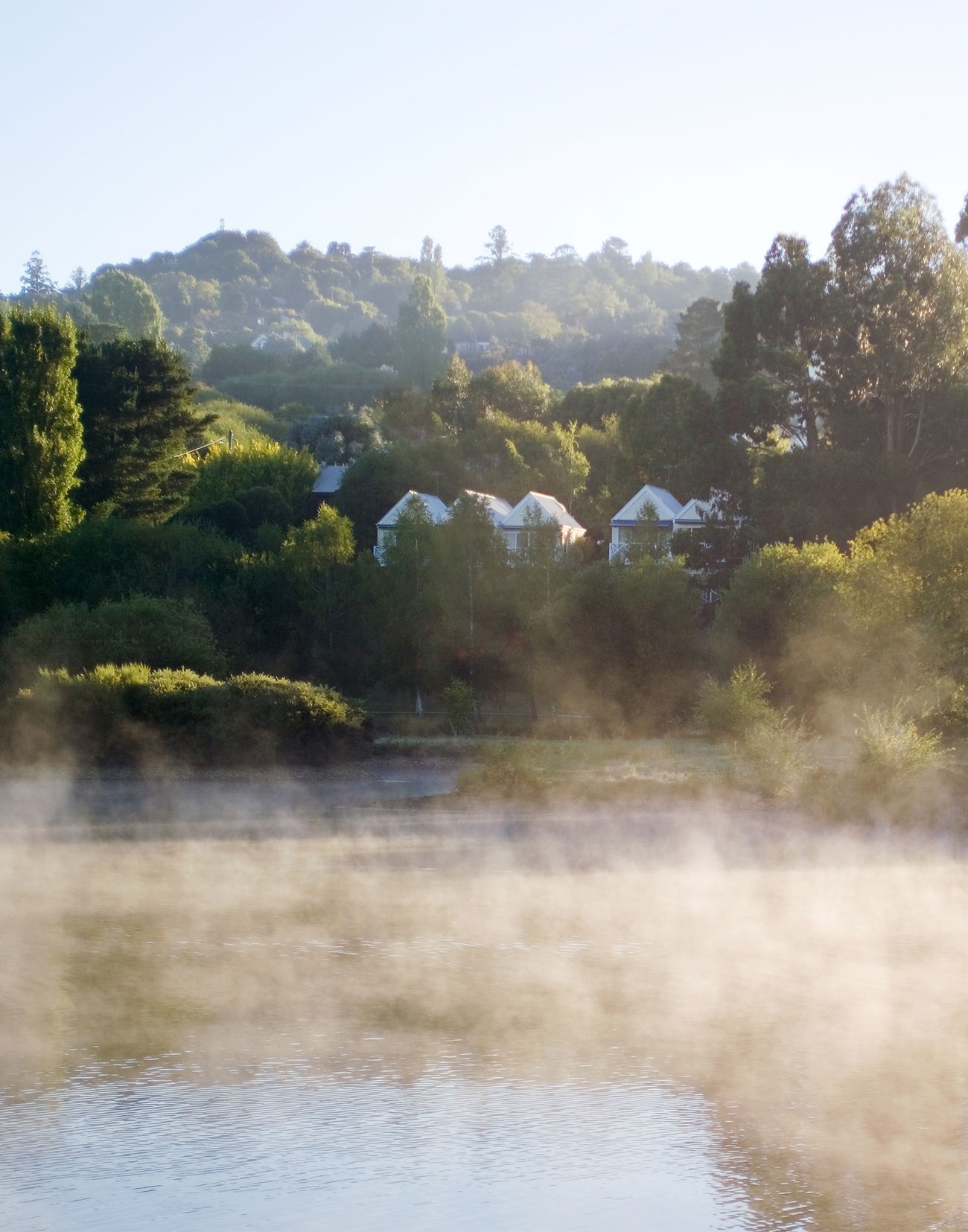
In with the new
Covid-19 hasn’t frightened off newcomers either; a slew of luxury boutique hotels opened in the past year – fearless in the face of the pandemic.
The much-talked-about Kalesma Mykonos opened in April with 25 whitewashed villas tumbling down a slope to Ornos Bay. In Bordeaux, Château Troplong Mondot wine estate added a boutique hotel, The Keys of Troplong Mondot, featuring four individually designed suites and a two-bedroom cottage tucked away among the vines. On the Amalfi Coast, the uber chic Borgo Santandrea is set to open later this year, with 29 rooms and 16 sea-facing suites.
Small Luxury Hotels of the World’s portfolio also continues to grow at an impressive rate, with new member openings including the much-hyped 32-room Can Ferrereta in Majorca; Q92 Noto Hotel, a restored 18th-century palazzo in the heart of Noto with just nine rooms; and the 39-room Villa Soligo, a historic summer hunting lodge frequented by the likes of Sofia Loren and Marcello Mastroianni.
Luxury boutique hotel management company Epoque Collection also launched this year with a portfolio of three properties across Greece. The 13-key Kefalari Suites in Athens and the 30-room Omma Santorini opened in May and June respectively, while a second outpost in the Greek capital is slated for later this year. “Small, boutique hotels are certainly proving to be a popular choice with those planning their first holidays following Covid-19 as travellers seek a safe, private holiday escape, away from the crowds,” says managing director Iro Orri. “We are already seeing some impressive occupancy levels for June and predict the summer months to be no different.”
Gaurang Jhunjhnuwala, Australia & New Zealand chief executive of Naumi Hotels, which recently opened three small, quirky properties in New Zealand, adds: “Boutique hotels are well placed to recover because travellers are looking for somewhere extra special to stay when they travel again. After months of lockdown at home, people want to be surprised and delighted, and boutique hotels such as ours can bring that to people, in a safe way.”
A return to normality is still some way off, but fears for the future of the boutique hotel sector thankfully appear to have been misplaced. All things considered, it’s clear that smaller properties have a big future.
